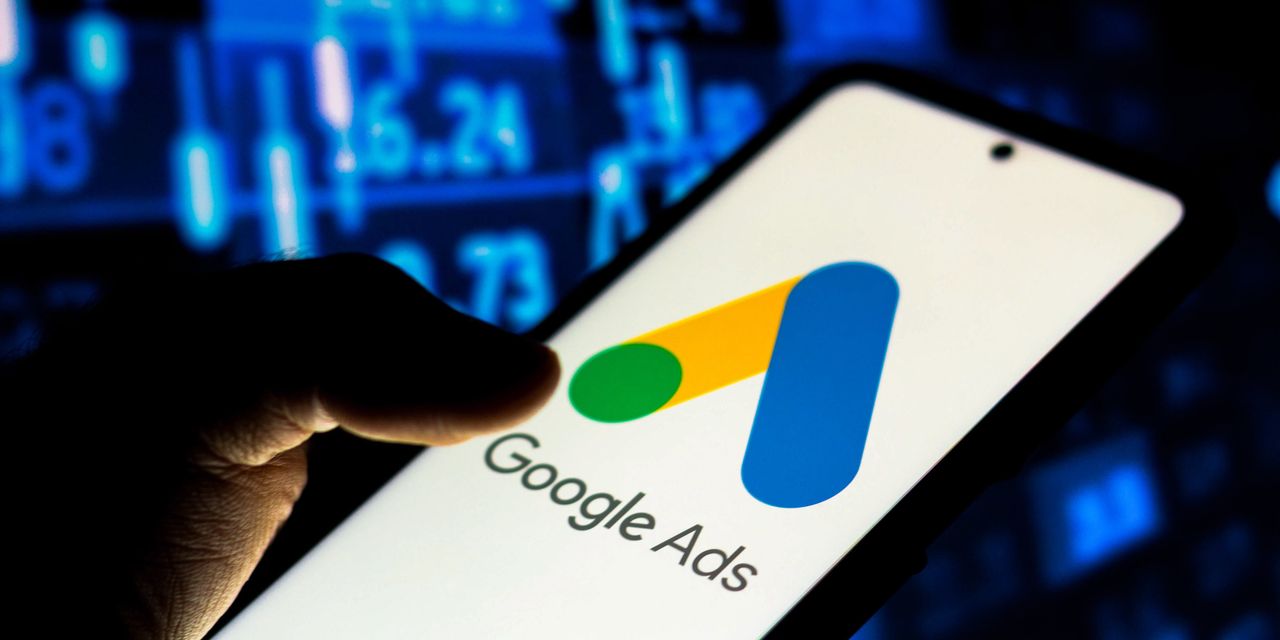In today’s fast-paced digital landscape, B2B businesses must build strong relationships, nurture leads carefully, and drive consistent revenue growth — all while managing limited resources.
That’s where marketing automation steps in, transforming how B2B companies engage prospects, shorten sales cycles, and scale their marketing efforts efficiently.
In this article, we’ll explore what marketing automation is, why it’s critical for B2B businesses, the major benefits, and examples of how real companies have used it to succeed.
What is Marketing Automation?
Marketing automation refers to the use of software tools and technologies to automate repetitive marketing tasks such as:
- Email campaigns
- Lead nurturing workflows
- Social media scheduling
- Customer segmentation
- Data tracking and reporting
Rather than manually managing every touchpoint, B2B companies can set up automated systems that guide prospects through the sales funnel with the right message at the right time.
Popular marketing automation platforms include HubSpot, Marketo, Pardot, and ActiveCampaign.
🔵 Why B2B Companies Must Embrace Marketing Automation
Unlike B2C purchases, B2B buying cycles are longer and more complex. Decision-makers often require multiple interactions across several channels before converting.
Marketing automation helps B2B businesses:
- Deliver personalized content at each stage of the buyer journey
- Stay top-of-mind without overwhelming marketing teams
- Collect data-driven insights to improve strategies
- Align marketing and sales efforts
Stat:
According to Invesp, 80% of marketing automation users saw an increase in the number of leads, and 77% saw an increase in conversions.
🔵 7 Key Benefits of Marketing Automation for B2B Businesses
1. Lead Nurturing at Scale
B2B prospects rarely convert on the first interaction. Automation enables you to nurture leads through email drip campaigns, personalized content, and behavioral tracking—without manual effort.
✅ Example: A SaaS company used automated email workflows to nurture trial users, increasing conversions to paid accounts by 23%.
2. Improved Lead Scoring and Qualification
Marketing automation platforms score leads based on actions like website visits, downloads, or email engagement.
This helps sales teams prioritize high-intent prospects instead of wasting time on cold leads.
✅ Stat: Businesses that use lead scoring experience a 77% increase in lead generation ROI (Source: Eloqua).
3. Shorter Sales Cycles
By delivering targeted content and timely follow-ups automatically, B2B businesses can move prospects through the funnel faster, reducing the average sales cycle time.
4. Personalized Customer Journeys
Modern buyers expect personalization. Automation tools let you segment audiences and deliver highly relevant emails, offers, and content based on behavior, industry, or company size.
✅ Case Study: A B2B cybersecurity firm segmented their prospects by industry and sent tailored content, resulting in a 45% higher engagement rate.
5. Better Alignment Between Marketing and Sales
Automation platforms often integrate with CRMs (like Salesforce or HubSpot CRM), giving both teams shared visibility into lead status, interactions, and next steps—boosting collaboration and closing rates.
6. Data-Driven Decision Making
With automation, you gain access to robust reporting dashboards showing:
- Open rates
- Click-through rates
- Conversion metrics
- Channel performance
This empowers you to fine-tune your campaigns for maximum impact.
✅ Stat: 63% of companies using marketing automation outperform competitors that don’t (Source: Aberdeen Group).
7. Cost-Effective Scaling
As your B2B business grows, marketing automation helps you scale without needing a huge marketing team.
Once workflows are set up, they continue working for you, saving both time and labor costs.
🔵 Real-World Example: B2B Success with Marketing Automation
Company: Acme Cloud Solutions (fictional case based on industry best practices)
Challenge:
Acme struggled with a long sales cycle (6+ months) and low lead-to-opportunity conversion rates.
Solution:
They implemented HubSpot’s marketing automation to:
- Set up lead nurturing workflows based on download behaviors
- Score leads automatically
- Trigger sales alerts when leads were “hot”
Results after 6 months:
- 30% shorter sales cycle
- 25% higher MQL (Marketing Qualified Leads) conversion
- 40% increase in revenue pipeline
🔵 Best Practices for Using Marketing Automation in B2B
- Start with clear goals: Define exactly what you want to achieve (more MQLs, better lead quality, etc.)
- Focus on high-quality content: Automation delivers your message—but great content makes it effective.
- Segment wisely: Don’t treat all prospects the same. Customize workflows based on personas and behavior.
- Keep testing and optimizing: Continuously A/B test subject lines, CTAs, workflows, and segmentation to improve results.
- Integrate with CRM: Ensure seamless handoffs between marketing and sales teams.
🔵 Conclusion: Future-Proof Your B2B Marketing with Automation
Marketing automation isn’t just a “nice to have”—it’s a necessity for B2B companies aiming for sustainable growth.
It helps you nurture prospects intelligently, boost efficiency, deliver personalization at scale, and ultimately drive more revenue.
Whether you’re a startup founder or a growth-stage business leader, investing in the right automation strategy today will set you apart tomorrow.


